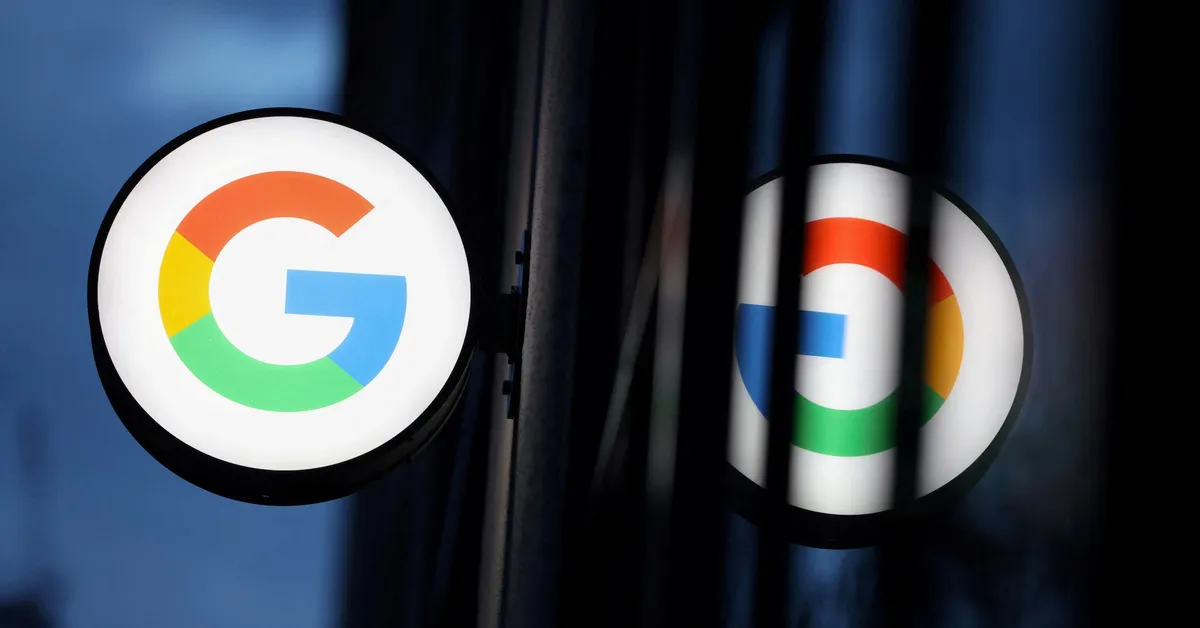
In a significant ruling, U.S. District Judge Leonie Brinkema in Alexandria, Virginia, found Google liable for willfully acquiring and maintaining monopoly power in the markets for publisher ad servers and ad exchanges. These platforms play a crucial role in the digital advertising ecosystem, where publisher ad servers are utilized by websites to store and manage their advertising inventory.
While Judge Brinkema's ruling confirmed Google's monopoly in certain areas, she noted that antitrust enforcers failed to substantiate a separate claim regarding a monopoly in advertiser ad networks. In response to the verdict, Lee-Anne Mulholland, Vice President of Regulatory Affairs at Google, stated that the company plans to appeal the ruling. "We won half of this case and we will appeal the other half," she remarked, emphasizing the company's disagreement with the decision concerning its publisher tools. Mulholland argued that publishers have various options available and often select Google due to its ad tech tools, which she described as simple, affordable, and effective.
Following the ruling, Google's shares experienced a decline of approximately 2.1% at midday. The decision paves the way for a future hearing aimed at determining what actions Google must undertake to restore competition in the affected markets. This may include the potential divestiture of certain business segments at a trial that has yet to be scheduled. The Department of Justice (DOJ) has indicated that Google should be required to sell off at least its Google Ad Manager, which encompasses the company's publisher ad server and ad exchange.
Google now faces the possibility of two U.S. courts mandating it to sell assets or modify its business practices. A separate trial is set to occur next week in Washington, where a judge will consider the DOJ's request for Google to divest its Chrome browser and implement further measures to eliminate its dominance in online search.
Brinkema presided over a three-week trial last year involving claims brought forth by the DOJ and a coalition of states. Prosecutors argued that Google employed classic monopoly-building tactics, such as eliminating competitors through acquisitions, locking customers into its ecosystem, and exerting control over transaction processes in the online advertising market.
This landmark ruling signifies a pivotal moment in the ongoing scrutiny of Big Tech and its market practices, with implications that could reshape the landscape of online advertising and competition.
For further updates and insights on this case and other tech policy developments, please reach out to Jody Godoy at jody.godoy@thomsonreuters.com.